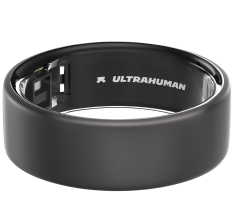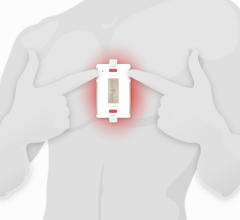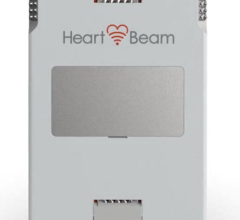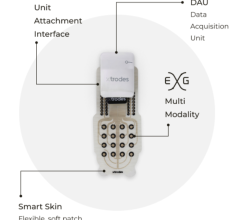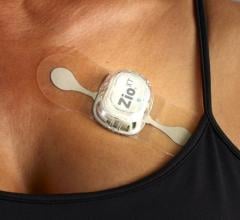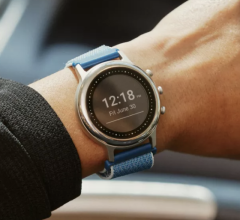
Chenyang Lu, Fullgraf Professor of Computer Science & Engineering at the McKelvey School of Engineering, Washington University in St. Louis
Chenyang Lu, a professor of computer science and engineering, is marrying Fitbits with machine learning to predict which patients are at risk for complications after surgery.
“The general evolution of wearables has gone from fun and wellness to providing real health metrics," he said, "but the third stage in their evolution is clinical medicine.”
Working with surgeons from the Washington University School of Medicine in St. Louis, Lu's team has turned a Fitbit into a life-saving element of clinical care. Take pancreatic cancer. One of the best treatment options is surgery, Lu said, but it’s extremely risky.
“Do you go through with the surgery or not? It’s a tough decision. But if you can predict who’s at high risk, the surgeon and patient can have a more informed discussion.”
To predict that risk, Lu and fellow researchers turned to Fitbits. In a 2021 study, Lu gave wearables to people with pancreatic cancer about a month before they had surgery. The Fitbits tracked their sleep patterns, heart rate and, of course, how many steps they took. Lu and team combined the data with the patients’ individual medical histories and developed a machine learning tool to predict who would fare well after the surgery, and who wouldn’t.
The team outperformed the tool currently used at the hospital, the American College of Surgeons National Surgical Quality Improvement Program surgical risk calculator.
For more information: https://medicine.wustl.edu/
Related wearables content:
6 Key Health Information Technology Trends at HIMSS 2019


 January 14, 2026
January 14, 2026 



